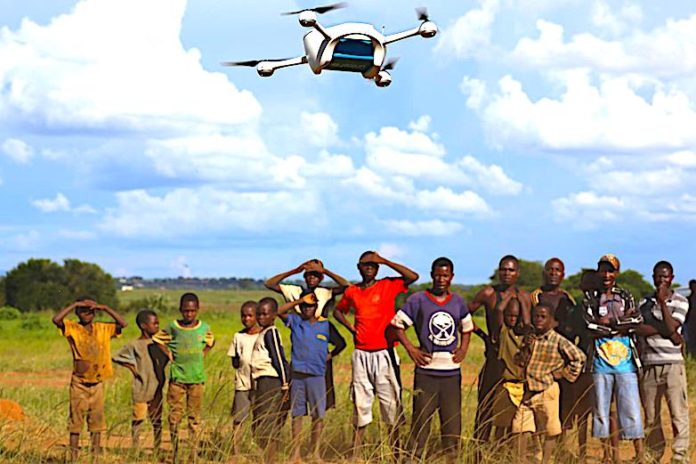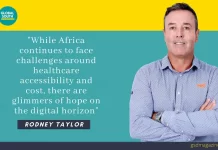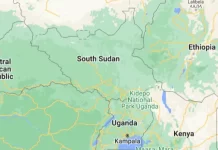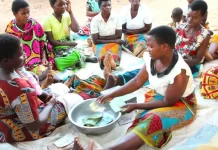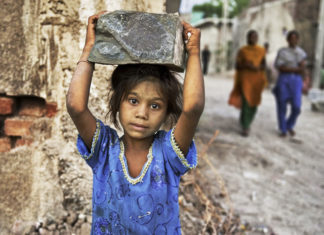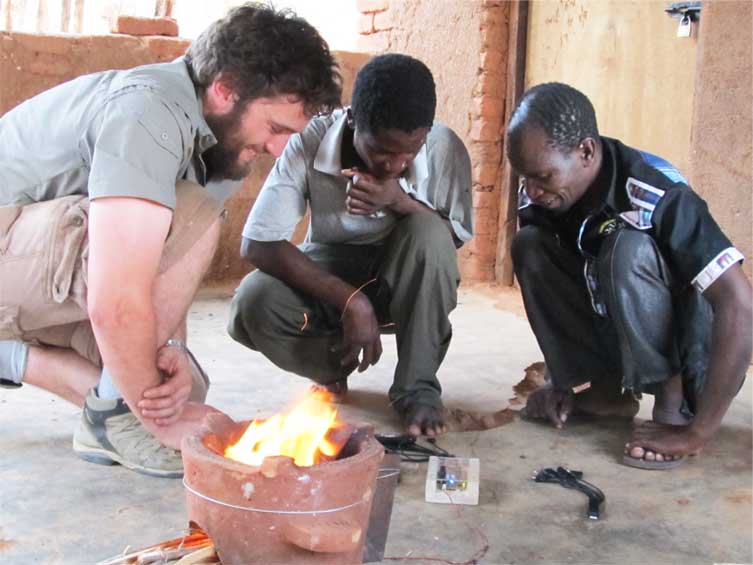The Rwanda National Police has intervened with drones to raise COVID-19 awareness in densely-populated and hard-to-reach areas of the country.
Rwanda has been exploring the integration of drones in different sectors since 2018. Drones have been used, for instance, to deliver blood samples to labs and to spray larvicide in crop-growing fields.
Rwanda has used drones to distribute medicines for chronic patients in remote parts of the country, and even to take high-quality pictures for tourism promotion.
In addition, Rwanda has used drones to distribute medicines for chronic patients in remote parts of the country, and even to take high-quality pictures for tourism promotion.
This time, however, drones were deployed to deliver COVID-related educational radio and TV messages.
The COVID-messenger drones were also equipped with cameras. The recorded footage allowed law enforcement officials and local authorities to closely monitor areas for the need of any intervention or evacuation, which would have normally taken longer in the absence of the drone monitoring.
Drones were deployed in different areas of Kigali, the capital city, and in high-risk zones and densely populated areas such as Kimisagara, Nyamirambo, Kanombe. They have also been used in places such as Rusizi and Rubavu where new clusters of COVID cases were identified and new lockdown measures were introduced.
During the first phase of lockdown, which began on 21 March, the Government of Rwanda noticed that some of the densely populated neighborhoods and high-risk zones were not responding well to COVID-19 preventive measures.
The lack of compliance by residents to directives to stay at home, wash hands, wear masks, and to respect physical distancing posed a threat to COVID-19 prevention. The government concluded that the lack of sufficient awareness and enough information was the main cause behind this negligence. As a result, the drone messaging was initiated.
And the drone-messaging has proved to be successful. Once the curiosity phase passed, the residents started listening to messages being delivered by the drones.
With drones, the police were able to reach places that sono-trucks couldn’t reach because of difficult terrain or lack of necessary manpower.
Drones also allowed the RNP to deploy police officers directly to areas where they are needed the most.
The Rwanda National Police procured drones with a capacity to broadcast sound and record high definition images. Reportedly, the drones deployed are estimated to worth $ 5000- $ 6000 each.
Rwanda is not the only country in Africa that has used drones for medical and security operations. The United Nations peacekeeping operations use what they call Unmanned Aircraft Systems or UAS to support military peacekeeping operations and security services in the Democratic Republic of Congo, Mali and the Central African Republic.
In Malawi, a country that has faced serious droughts and flooding over the past years, drones have been used to collect data and to transport emergency support when land transport is not feasible or difficult during emergency situations.


